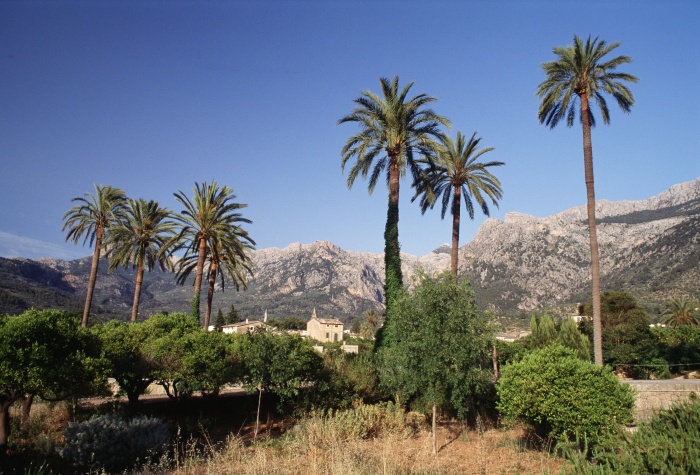
Balearic Islands seeks sustainability push
The Balearic Islands has unveiled its tourism strategy for 2022 supported by a €55 million investment and a new legal framework.
The goal is to continue to innovate through a series of measures which will make the destination fully “sustainable and circular”.
The president of the Balearic Islands, Francina Armengol, said: “The tourism sector in the Balearic Islands is primarily interested in continuing to adopt cutting edge tourism innovation, enabling the advancement of a transformation which has been in the running for some time.
“The new laws bring together a series of measures which will allow a more inclusive and sustainable form of economic growth; an improvement to the cohabitation of workers, residents and tourists; a more efficient use of resources; as well as boosting public-private collaboration, in line with the guidelines established for the allocation of European funds.”
The regulations commit to a circular economy in the sector, which means that all businesses will be required to have a circularity plan.
ADVERTISEMENT
Circularity will encompass aspects like nutrition, water use, waste and clean energies.
The law lays out other measures like a complete modification of the scale used to classify hotels, including increasing the score for sustainability measures, such as using renewable energies or consumption optimisation systems.
The law also sets out the compulsory installation of both double push buttons on hotel WC cisterns, and water-saving devices on washbasin, bathtub, and shower taps.
It will also promote making use of rainwater – a factor which will be considered when classifying establishments - and tourist establishments must measure their water consumption.
With regards to energy use, tourist establishments will be required to change oil boilers for natural gas or electric ones, emitting 57,600 kilos of CO2 less per establishment each year.
In terms of waste, single-use bathroom amenities will be prohibited. Hotels must also substitute any paper handouts for QR codes and measure the consumption of waste.
Furthermore, establishments must control building temperatures, including in staff areas such as the kitchens.
Among the guidelines to be established on these issues, the use of endangered species as food will be prohibited, and the traceability of Balearic fish and seafood made compulsory.
Finally, the law sets out to increase the protection of chambermaids, a group greatly affected by accidents at work.
Thus, from the year 2023, hotels on the islands must install elevating (mechanic or electric) beds to facilitate their work, a measure which requires renewing 300,000 beds, from which over 20,000 hotel workers will benefit.
The Balearic Islands have a long-term commitment to sustainability and their objective is to create a positive balance between the economic activity created by tourism and the need to protect the environment, emphasising their greatest asset, the islands’ natural heritage.
Image: Eduardo Miralles

